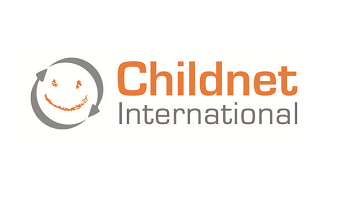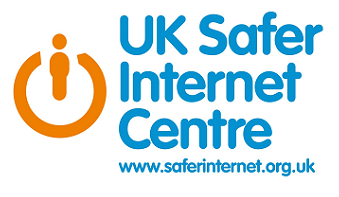Online Blackmail
Online blackmail can take place in any online service, website or app. Perpetrators may be more likely to make threats on private messaging services which facilitate image and video sharing, and to threaten to share information or images in more public social media services. Both perpetrators and victims of online blackmail can be adults or young people.
In many cases of online blackmail against young people, offenders start by manipulating, tricking or coercing them into sharing indecent images of themselves. Once obtained, the offender threatens to share content publically unless demands for money or further images are met. Young people often comply with the demands as they are afraid of the consequences of the threat being carried out. Note that in some cases where a young person refuses to comply, the offender has carried out their threats - in other cases, they have not.

There has also been a sharp increase in the incidence of emails threatening to expose the recipient to everybody in their contacts list, for viewing pornographic online content unless a fee is paid. The emails claim that the sender has populated the recipient’s computer with spyware which has detected the content being viewed and also – via webcam – footage of the recipient partaking in intimate acts.
These emails – which often contain poor grammar and spelling – are sent randomly and en-masse, without the knowledge of whether adult material has been viewed or not, but either way, they can result in fear and panic, especially if the recipient has indeed been indulging in what has been claimed. Some of the emails, however, include mention of one of the recipient’s passwords, making the threat seem more real. The password will almost certainly have been gleaned through criminal circulation of customer login details that have been stolen in large-scale data breaches. These username and password combinations end up in lists which are traded through criminal networks. Therefore, it is extremely unlikely that your password has been taken as a result of any kind of malware on your computer or mobile device. It does, however add a degree of credibility to the threat, making some people believe that they really have been spied on.

Happn is a new mobile dating app that uses your phone's location to show you potential matches. Every time you cross someone's path, this person's profile will be added to the top of your feed.
In some cases it is being used as a tracking device to monitor the movement of exploited young people. Young people can also be expected to live stream their movements. This is particularly prevalent in the exploitation of children and young adult for the purposes of drug dealing (County Lines) but can also be used in controlling relationships and predatory behaviour.
Money Laundering
So-called ‘squaring’ or ‘money muling’ is where criminals involved in other crimes - such as grooming, drug dealing, human trafficking and county lines crime - target people to launder their ill-gotten gains.
They usually target young people, getting them to hide their cash in their bank account, with a promise of rewards including a cut of the cash or expensive goods.
It is often sold to the unsuspecting victim as “quick and easy cash” for no risk. But that “quick and easy” money or new pair of designer trainers come with a catch.
Hiding criminal assets is a crime (money laundering) and carries with it a potential sentence of up to 14 years. Those caught up with it also risk being stopped from ever being allowed a bank account or mobile phone contract.
It is not a ‘victimless crime’.
Many young people are contact over social media, as with grooming, and so this is an online safeguarding risk.
Useful resources
-
National Online Safety Mobile App
National Online Safety Mobile App
It's time to get #OnlineSafetySavvy.
Children are spending more time than ever online. As adults, we need to do everything we can to keep them safe in the digital world. But with new apps, games and platforms emerging every day, how can you stay in the know?
Say hello to the new National Online Safety mobile application. Created by experts, developed by us. With all online safety knowledge available at your fingertips, the NOS app empowers parents and teachers to understand and address online safeguarding risks – any time, anywhere.
The world’s most comprehensive online safety app, it’s packed with insightful courses, explainer videos, webinars and guides on topics that will help you protect the kids you care about when they’re online.

-
10 tips to keep your children safe online

-
What parents and carers need to know about Cyberpunk 2077
Useful contacts
Childline
Childline.org.uk
Call free on 0800 1111
NSPCC
www.nspcc.org.uk
Samaritans: (Suicide prevention charity)
https://www.samaritans.org/
Customer first (Social Care for out of hours safeguarding concerns)
0808 800 4005
111 - NHS Non-emergency advice line
101 – Police Non-emergency Line
Papyrus Hopeline UK (Suicide prevention charity for young people)
0800 068 4141
Mind
www.mind.org.uk
Emotional Wellbeing Hub
0345 600 2090 (Monday - Friday 8am-7.30pm)
The source (information and advice for young people in Suffolk)
thesource.me.uk
Kooth (online counselling service)
www.kooth.com
Domestic abuse helpline
0808 2000 247
www.nationalahelpline.org.uk













Follow Us
Stay up-to-date on the latest news & events